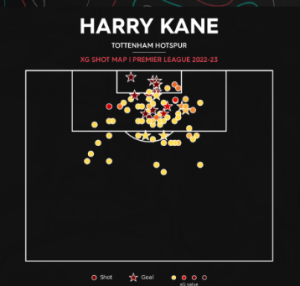
From Grassroots to Greatness: The Role of Science in Elevating Soccer Player Performance
The integration of advanced science in soccer has revolutionized the way teams train and compete. Ity’s kind of our deal at this site.
From nutritional strategies to physiological assessments, science plays a critical role in enhancing player performance and ensuring longevity in their careers.
The Revolution of Nutrition Science in Soccer
Nutrition is a cornerstone of athletic performance, particularly in elite soccer. According to a statement by UEFA, there have been substantial increases in physical and technical demands in soccer, which necessitate a focus on nutrition to optimize performance and health. Soccer athletes require tailored diets to meet their energy and nutrient needs, especially during high-intensity training sessions.
Key Nutritional Strategies
- Hydration: Maintaining optimal hydration levels is critical, as dehydration can severely impact performance.
- Carbohydrate Intake: Adequate carbs are essential for fueling high-intensity activities and maintaining glycogen stores.
- Protein for Recovery: Consuming protein after a match helps facilitate muscle repair and recovery.
Physiology and Performance: Understanding the Demands of Soccer
Science has also played a significant role in understanding the physiological demands of soccer. Research published in the Journal of Sports Sciences emphasizes the importance of physiological assessments in developing robust training protocols tailored to the specific needs of different playing positions.
Physical Demands Across Positions
- Defenders: Focus on strength and on-field endurance to withstand physical challenges.
- Midfielders: Require a blend of aerobic capacity and sprinting ability to cover extensive ground.
- Forwards: Emphasize speed and agility to exploit scoring opportunities.
Injury Prevention and Functional Training
Soccer-related injuries, particularly to the knee, are common. A study from the International Journal of Exercise Science explores how functional training can reduce dynamic knee valgus, a common predisposing factor for injuries such as ACL tears.
Effective Injury Prevention Techniques
- Functional Training: Exercises that mimic in-game movements help strengthen muscles and enhance joint stability.
- Advanced Monitoring: Using technology like Kinect cameras and EMG to refine movement patterns.
Adopting these strategies not only prevents injuries but also optimizes player performance.
The Future of Science and Soccer
As technology continues to evolve, the future of soccer will increasingly rely on scientific research to push the boundaries of what athletes can achieve. From monitoring technology to personalized nutrition plans, the integration of science within soccer is pivotal in elevating team performance.
By embracing scientific insights and innovations, the realm of soccer is not only transforming player development but also enriching the overall spectator experience, culminating in a smarter, faster, and more exciting game.



